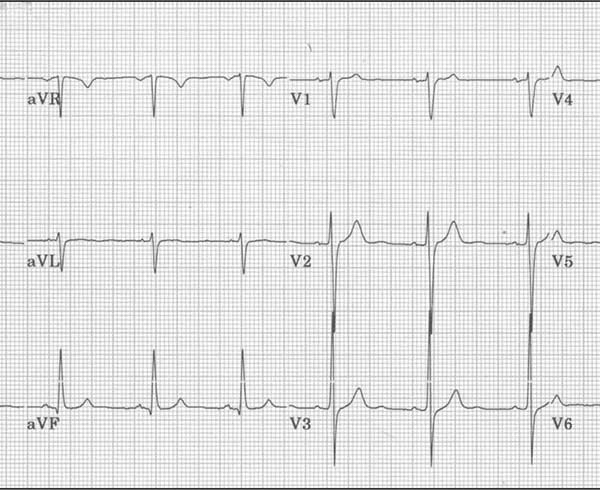Remember to bring:
- Photo ID
- Alberta Health Care card
- An up-to-date medication list
Preparing for your test
- Clothing: Please wear comfortable clothes, a short sleeve shirt that buttons up the front, and appropriate footwear to be worn on a treadmill.
- To minimize interference between natural skin oils and ECG electrodes, it is best to take a shower or bath on the day of the test.
- Do not apply any lotions to your chest before the test.
- Do not eat solid food for 1 hour before the test. If you have diabetes, follow your meal
plan. - Unless your doctor tells you to, DO NOT take any beta blockers starting at 7 pm the
night before and the morning of your test. Some common names are: Metoprolol, Atenolol, Carvediolol, Esmolol, Bisoprolol, Acebutolol, Nadolol. You can take all your other usual medications.
At the appointment
- A number of small, sticky sensors called electrodes will be attached to your arms and chest. These are connected by wires to an ECG recording machine.
- You will be asked to walk on a treadmill while the ECG monitors the response to your heart to increased activity. The Doctor will monitor changes in the pattern of the ECG, blood pressure or symptoms. Tell your doctor if you develop chest pains, or any other symptoms during the test.
- After the test you will be monitored until your heart rate returns to its resting rate. Your doctor will review the results of the test with you before you leave.
